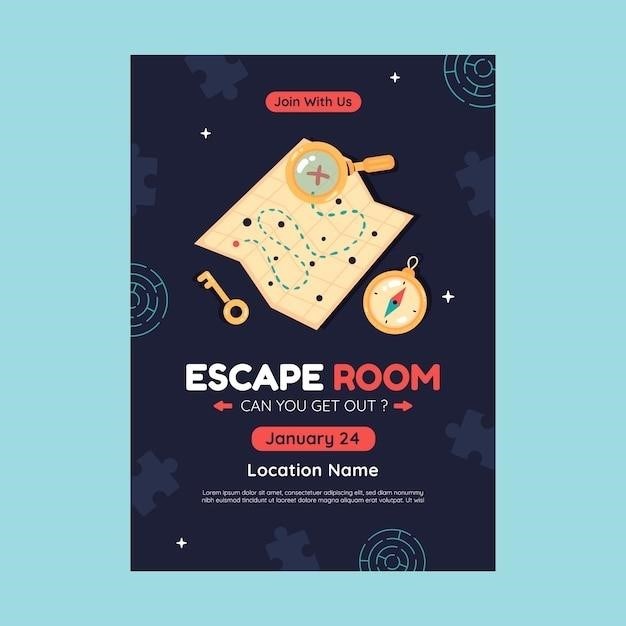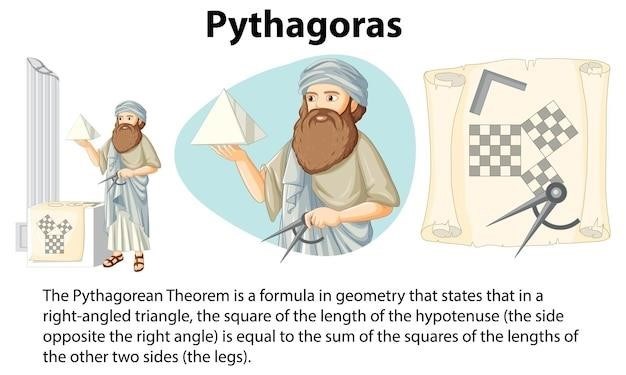the odyssey questions and answers pdf
The Odyssey⁚ A Comprehensive Guide to Available Resources
Numerous online resources offer study guides, summaries, and question-and-answer sets for Homer’s Odyssey․ These range from concise chapter outlines to in-depth analyses, providing various approaches to understanding the epic poem’s plot, characters, and themes․ Many are available as downloadable PDFs, offering convenient offline access․
I․ Finding PDF Study Guides Online
The internet provides a wealth of resources for those seeking to delve into Homer’s Odyssey․ A simple online search for “Odyssey study guide PDF” yields numerous results, offering diverse approaches to understanding the epic poem․ Many websites provide free downloadable PDFs containing chapter summaries, character analyses, and thematic explorations․ These guides often include guided reading questions and key terms, proving invaluable for students and casual readers alike․ Some PDFs offer comprehensive plot overviews, while others focus on specific aspects, such as the role of the gods or the development of key characters․ The availability of these resources makes engaging with the Odyssey more accessible and enriching, catering to diverse learning styles and levels of prior knowledge․ Remember to check the credibility of the source before relying on any specific PDF․
II․ Key Themes and Characters in Available Study Materials
Online Odyssey study guides consistently highlight key themes such as homecoming, perseverance, hospitality, and divine intervention․ These guides often delve into the complexities of Odysseus’s journey, examining his cunning, resilience, and flaws․ Major characters like Odysseus, Penelope, Telemachus, and the suitors are analyzed in detail, exploring their motivations, relationships, and transformations throughout the epic․ The role of the gods, particularly Athena and Poseidon, is also a central focus, with many guides examining their influence on the narrative and the characters’ fates․ Furthermore, the exploration of themes of loyalty, revenge, and justice within the context of ancient Greek society is a prominent feature in many online resources․ These materials frequently provide insightful interpretations of these themes and characters, offering a multifaceted understanding of Homer’s masterpiece․
III․ Plot Summaries and Chapter Outlines from Various Sources
Numerous websites and downloadable PDFs offer comprehensive plot summaries of Homer’s Odyssey․ These resources provide concise overviews of the epic’s main events, from Odysseus’s struggles after the Trojan War to his eventual return to Ithaca․ Many summaries break down the narrative into manageable sections, often corresponding to the poem’s individual books or significant plot points․ Detailed chapter outlines are also readily available online, providing a structured overview of each book’s key events, character interactions, and thematic elements․ These outlines serve as valuable tools for navigating the complex narrative, allowing readers to track Odysseus’s journey and understand the intricate relationships between characters and events․ The availability of these varied summaries and outlines caters to diverse learning styles and preferences, making the epic poem more accessible to a wide audience․

Utilizing Online Study Guides Effectively
Effective use of online Odyssey resources requires careful selection of reliable sources and integration with personal reading․ Cross-referencing information across multiple guides enhances comprehension;
IV․ Comparative Analysis of Different Study Guide Approaches
Analyzing diverse Odyssey study guides reveals varying approaches to presenting information․ Some prioritize plot summaries and character profiles, offering concise overviews ideal for quick review or initial engagement․ Others delve into thematic interpretations and literary analysis, catering to more advanced readers seeking deeper understanding․ A comparative approach illuminates strengths and weaknesses․ Concise guides excel at providing accessible summaries, while more in-depth resources offer nuanced interpretations and critical perspectives․ The choice depends on individual learning styles and goals․ Students aiming for a broad understanding might find concise guides sufficient, while those seeking in-depth analysis will benefit from more comprehensive resources․ Ultimately, a blend of approaches often proves most beneficial, allowing for both a general understanding and a critical engagement with the text’s complexities․
V․ Identifying Reliable and Comprehensive Resources
Locating dependable Odyssey study guides requires careful evaluation․ Look for resources from reputable publishers, academic institutions, or established educational websites․ Check for author credentials and evidence of scholarly rigor․ Comprehensive guides often include detailed character analyses, thematic explorations, and historical context․ Beware of guides offering simplistic or inaccurate information; thoroughness and accuracy are vital․ Cross-referencing information across multiple sources helps validate the reliability of the material․ Look for guides that provide diverse perspectives, acknowledging different interpretations and critical approaches to Homer’s epic․ User reviews and ratings can also indicate a resource’s quality and usefulness․ A well-structured guide with clear organization and easy navigation enhances its value․ Remember, a reliable guide serves as a tool to enhance understanding, not replace critical engagement with the text itself․

Examining Key Questions and Answers
This section delves into frequently asked questions about The Odyssey, offering insightful answers and interpretations to enhance your understanding of this classic epic poem․
VI․ Commonly Asked Questions about the Odyssey’s Plot and Characters
Frequently encountered questions regarding Homer’s Odyssey often center on pivotal plot points and the multifaceted characters that drive the narrative․ For instance, inquiries frequently arise concerning Odysseus’s extended absence and the challenges he faces on his arduous journey home to Ithaca․ The complexities of his relationship with Penelope, his loyal wife, and the challenges posed by the suitors vying for her hand are also common topics of discussion․ Understanding the roles played by the various gods, such as Athena and Poseidon, who actively intervene in Odysseus’s fate, is another frequent area of questioning․ Furthermore, the nature of heroism, its definition within the context of the epic, and the moral dilemmas faced by Odysseus himself are recurring themes explored in many analyses and discussions․ The significance of specific episodes, such as the encounter with the Cyclops Polyphemus or the perilous journey past the Sirens, often prompt questions about their symbolic meaning and contribution to the overarching narrative․ Detailed study guides often address these questions, providing context and insightful interpretations to illuminate the epic poem’s rich tapestry․
VII․ Analyzing Interpretations and Literary Critiques Found Online
The abundance of online resources dedicated to Homer’s Odyssey provides a wealth of interpretive lenses through which to examine the epic poem․ Scholarly articles and essays offer in-depth analyses of its themes, exploring the complexities of heroism, loyalty, revenge, and the human condition․ These resources delve into the poem’s literary techniques, such as the use of epic similes and foreshadowing, examining their impact on the narrative’s structure and overall effect․ Comparative analyses often draw parallels between the Odyssey and other works of literature, both ancient and modern, highlighting its enduring influence on storytelling traditions․ Different interpretations of key characters, such as Odysseus, Penelope, and Telemachus, are also frequently debated, leading to varied perspectives on their motivations and actions․ Online forums and discussion boards provide platforms for engaging with these diverse interpretations, fostering a dynamic exchange of ideas and fostering a deeper understanding of the poem’s multifaceted nature․ Accessing these varied perspectives enhances critical thinking skills and promotes a more nuanced appreciation of Homer’s literary masterpiece․
VIII․ Exploring Resources for Deeper Understanding
Beyond basic plot summaries and Q&A sets, numerous online resources cater to a more profound engagement with Homer’s Odyssey․ These resources might include academic databases offering scholarly articles and critical essays, delving into the poem’s historical context, its influence on subsequent literary works, and its enduring relevance to contemporary society․ Interactive websites may provide annotated versions of the text, offering line-by-line explanations and analyses of complex passages․ Podcasts and video lectures by renowned classicists can offer insightful interpretations and stimulating discussions of the epic poem’s themes and symbols․ Digital libraries may offer access to various translations of the Odyssey, allowing for comparison and contrast of different interpretive approaches․ Furthermore, online forums and communities dedicated to the study of classical literature provide opportunities for collaboration and engagement with other enthusiasts, fostering a deeper understanding through collective interpretation and discussion․ These comprehensive resources facilitate a rich and multifaceted exploration of this timeless literary masterpiece․